
By Dr. Vivek G. Vasoya, MD
Homeopathic Psychiatrist and Psychotherapist
Starting therapy for the first time is a courageous step, and in India, where mental health awareness is still growing, it may also feel like uncharted territory. You may experience a mix of emotions: anticipation, nervousness, or even doubt. All of these feelings are valid, and acknowledging them is the first step toward self-discovery and healing.
Breaking Cultural Stigma
In our society, discussing mental health is often stigmatized, making it difficult for people to seek professional help. But therapy provides a safe space to honor your emotions and needs without judgment. As I often tell my clients, "Your decision to seek therapy is an act of self-respect, and it reflects your strength, not weakness."
Here’s a detailed look at what you can expect in your first therapy session and how you can prepare to make the most of it.
Before Your Appointment
Many therapists offer an initial consultation, either free or at a nominal fee, to help you determine if their approach aligns with your needs. Once you decide to proceed, you’ll typically fill out a form with basic information, such as:
Your medical and psychological history
Medications you are taking
The primary issues you’d like to address in therapy
Some practitioners may also include mental health screening tools to gauge your levels of stress, anxiety, or depression.
What Happens During the Session?
1. Settling In
When you arrive, the environment will likely feel calm and inviting. In a physical session, your therapist may guide you to sit comfortably—look for the box of tissues; it’s usually a good indicator of where to settle down! For online sessions, ensure you have a quiet, private space where you can speak freely.
The therapist will start by setting the tone, explaining their approach, and reassuring you that this is a collaborative process.
2. Talking About Your Concerns
Contrary to popular belief, the first session is not about diving into your deepest traumas. Instead, it’s an “intake” session focused on understanding your background, recent challenges, and goals. For instance, you might talk about:
Why you decided to seek therapy now
Any recent events or feelings that have been troubling you
Your short-term and long-term aspirations for therapy
As an example, a patient might say, “I feel constantly overwhelmed at work and want to manage my stress better.” This gives the therapist a starting point to structure your sessions.
3. The Therapist’s Role
Your therapist is trained to listen without judgment. Their body language, such as maintaining eye contact or offering a reassuring nod, can help you feel understood and validated. At times, you may find it hard to maintain eye contact; that’s okay. Look around the room or at objects if it helps you feel more at ease.
Remember, therapy is not a one-way street. It’s okay to ask questions or share only what you’re comfortable discussing.
What to Bring to the Session?
A short explanation of what you hope to achieve, such as “I want to feel more confident” or “I want to improve my relationships.”
An open mind—therapy is a process, not an instant solution.
After the Session
1. Reflection
Take time to process the session. You might feel lighter or, conversely, a bit drained—both are normal. Reflect on questions like:
Did I feel comfortable with this therapist?
Did I feel heard and understood?
Can I envision working with them long-term?
2. Action Steps
Your therapist might assign “homework,” such as journaling or practicing mindfulness techniques, to help you stay engaged between sessions.
Finding the Right Fit
Therapy is a deeply personal journey, and finding the right therapist is crucial. If you don’t feel comfortable after the first few sessions, it’s okay to explore other options. Remember, a good therapist will respect your decision and may even recommend someone better suited to your needs.
Therapy in the Indian Context
In India, therapy often intersects with cultural, familial, and societal expectations. For example, someone might struggle with guilt over defying parental expectations or face anxiety about arranged marriage prospects. Addressing these culturally specific issues is a key part of therapy here.
Final Thoughts
Starting therapy can feel like stepping into the unknown, but it’s also the beginning of a rewarding journey toward mental well-being. Whether your goal is to manage stress, heal from past traumas, or simply understand yourself better, remember: the decision to seek therapy is a step toward a healthier, happier you.
You don’t have to face your challenges alone. Therapy is your safe space to grow, heal, and thrive.
- Dr. Vivek G. Vasoya, MD
Homeopathic Psychiatrist and Psychotherapist
Rajkot, Gujarat










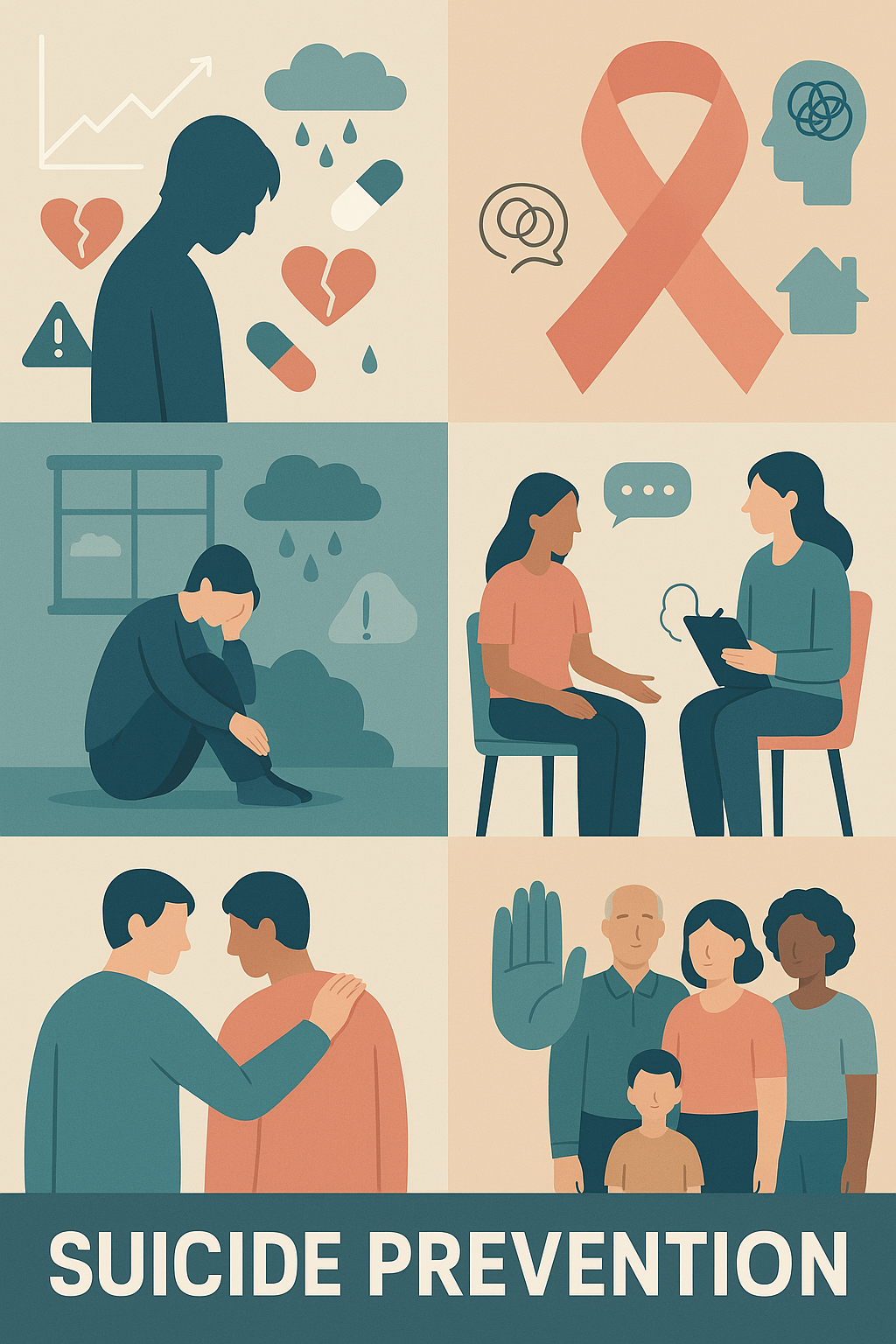
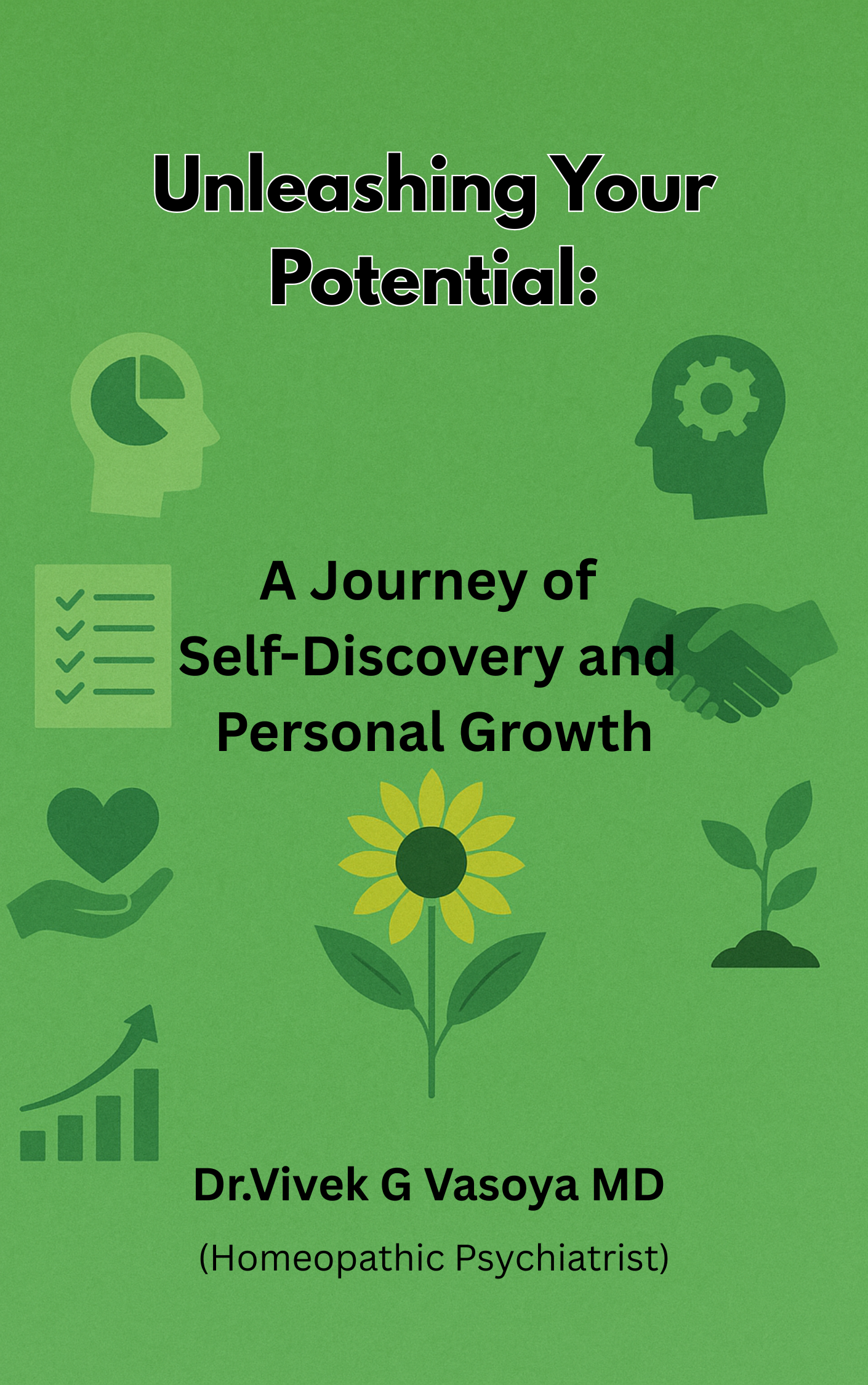



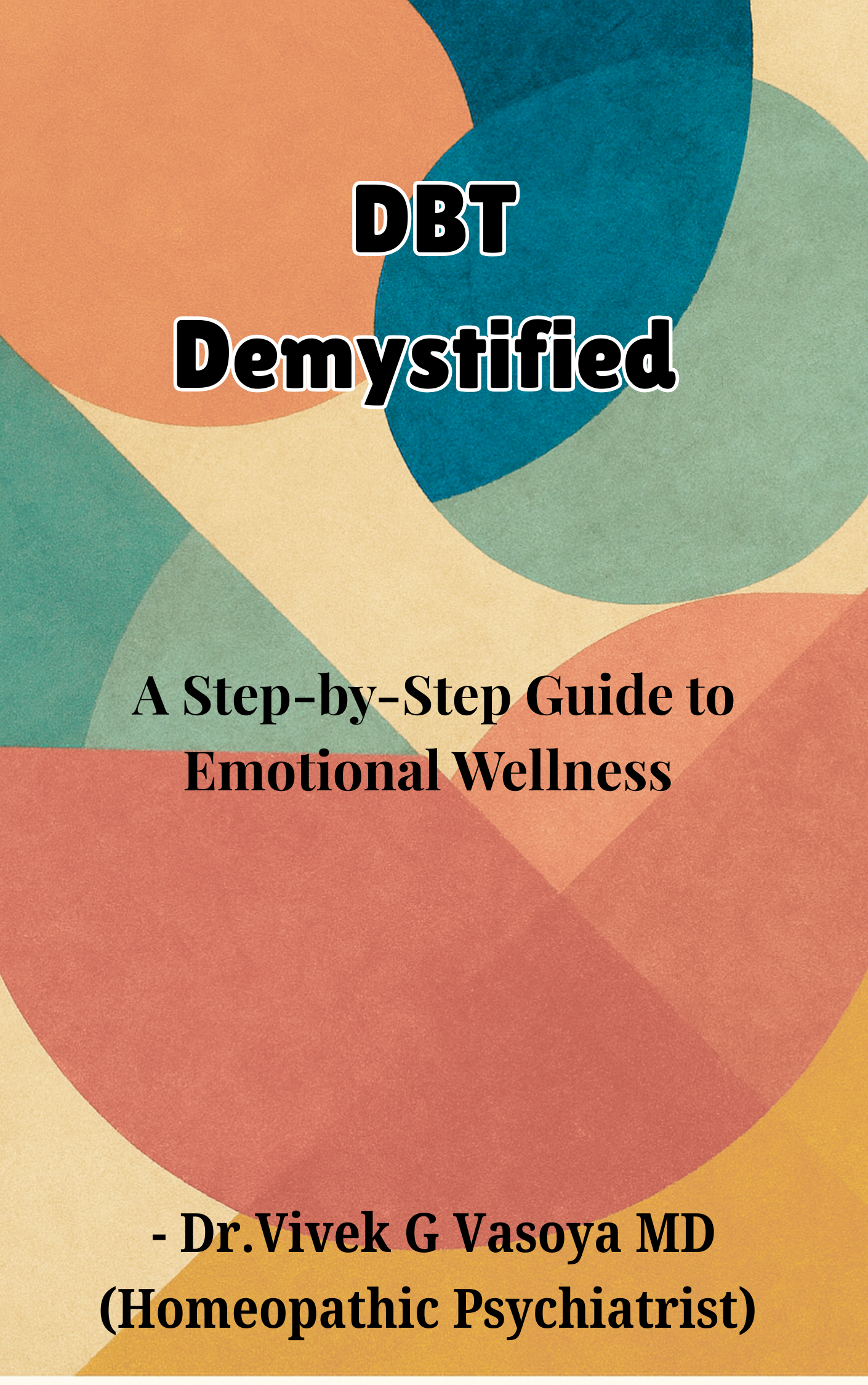
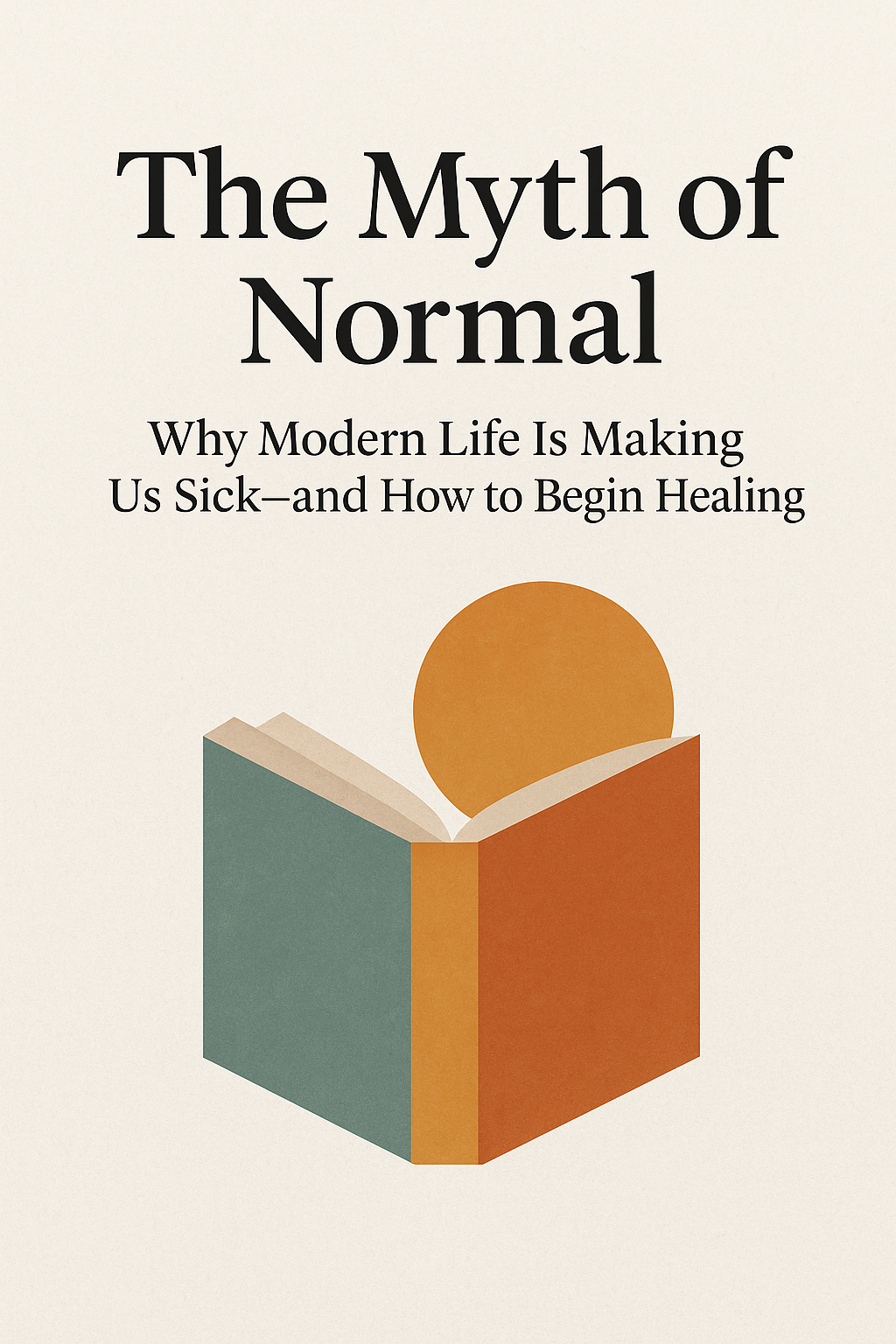
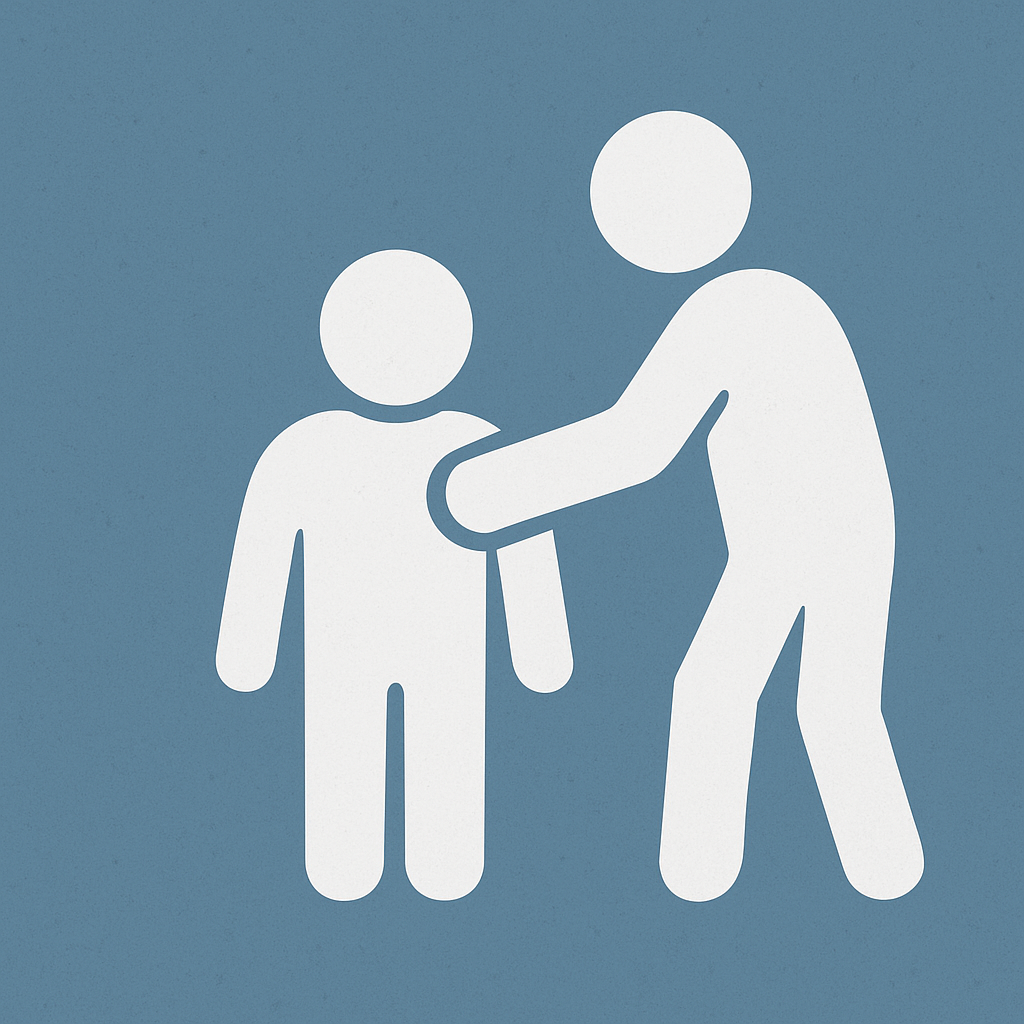



Write a comment ...